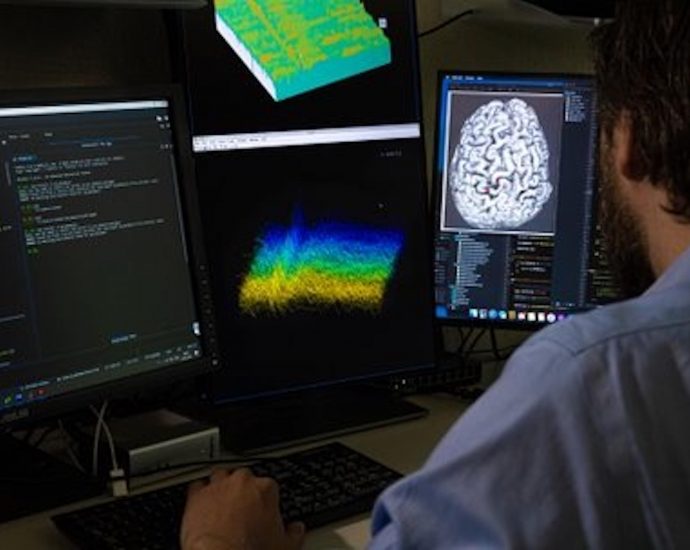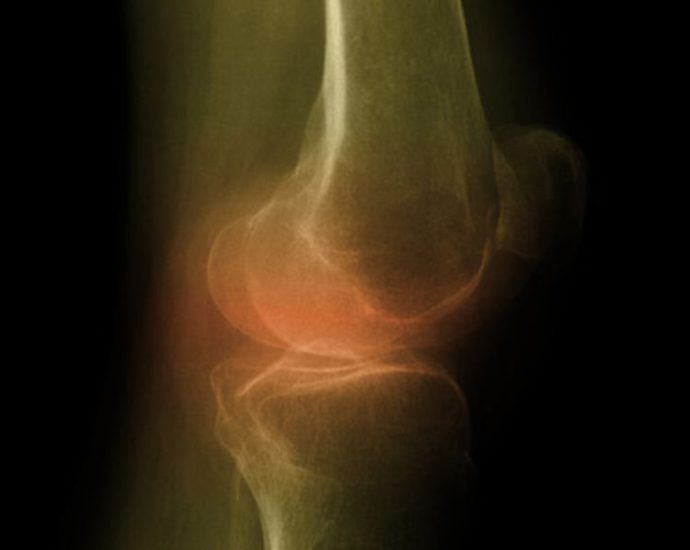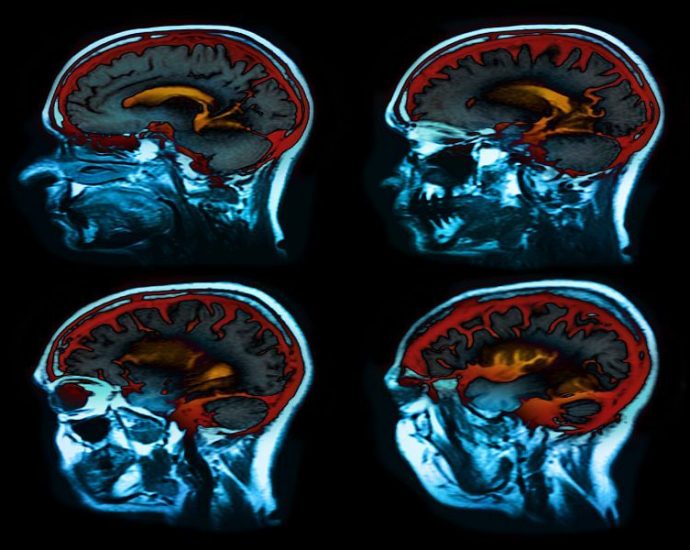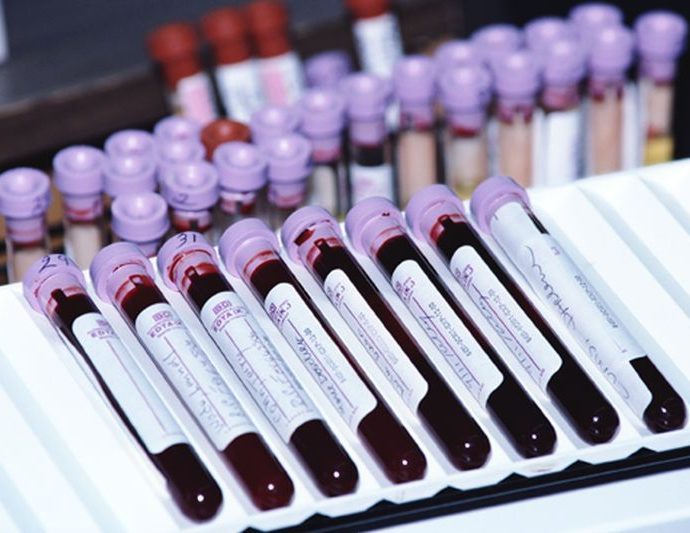Men Offered Surgery More Often Than Women When Carpal Tunnel Strikes
THURSDAY, March 24, 2022 (HealthDay News) — Men are more likely than women to be offered surgery to ease carpal tunnel syndrome, but a small new study from one hospital suggests that gender may have nothing to do with the disparity. Instead, the difference may exist because the condition tendsContinue Reading










